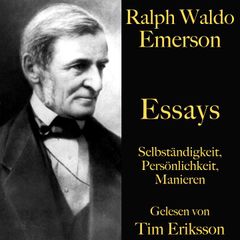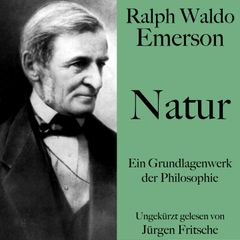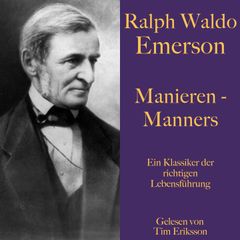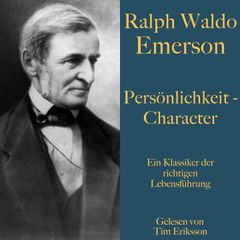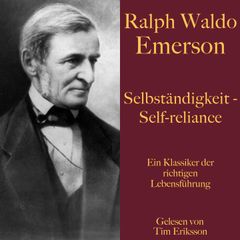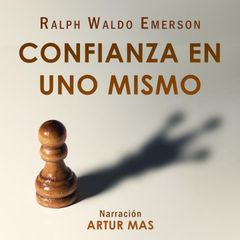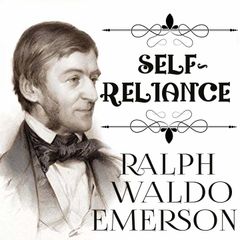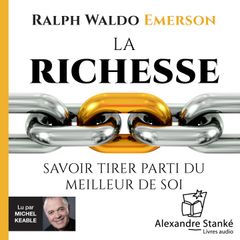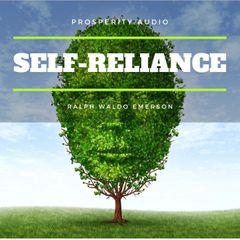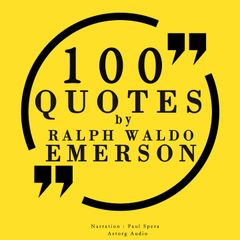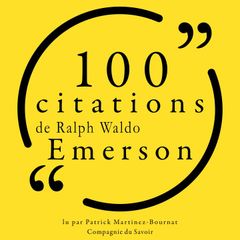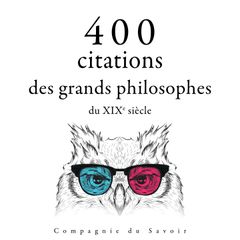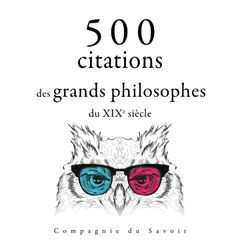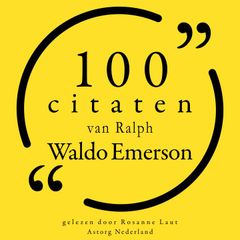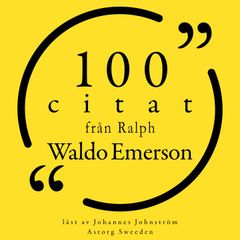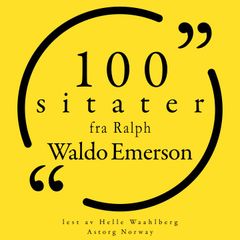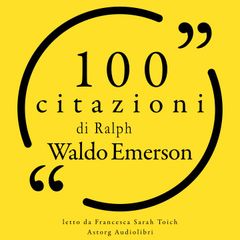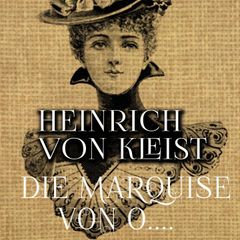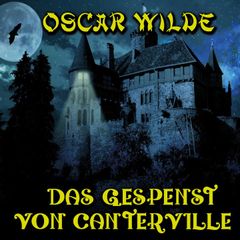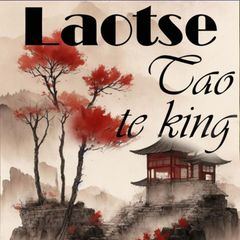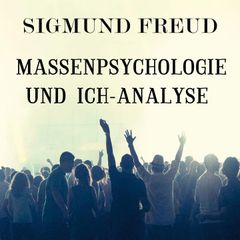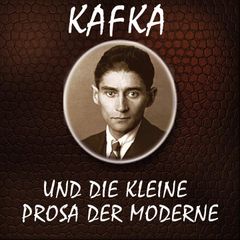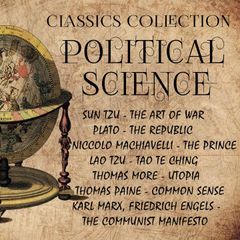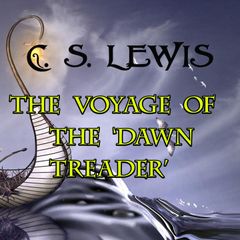- Audiolibro
- 2025
- 21 min
- Strelbytskyy Multimedia Publishing
Search Links
Título
Elements and Mottos
Descripción
Ralph Waldo Emerson was a master of distilling vast ideas into sharp, unforgettable truths. Elements and Mottos is a collection of his intellectual essence—bold, electrifying, and timeless. Here, Emerson does not merely write; he declares, urging readers to abandon conformity, embrace their own genius, and live with unshakable purpose.
Each passage is a spark, igniting thought and action. He speaks of nature, the soul, self-reliance, and the boundless strength of individual will. His words resonate across centuries, inspiring rebels, dreamers, and seekers of wisdom. These are not just mottos—they are challenges, pushing the reader toward personal greatness.
For those who crave clarity amid life's noise, Elements and Mottos is both a guide and a provocation. Emerson does not offer comfort; he offers a call to courage. His wisdom is not meant to be passively read, but actively lived.
Dive into the mind of one of America's most revolutionary thinkers and find, perhaps, the words that will change your own path.
En listas públicas de estos usuarios
Este audiolibro no está ninguna lista
Detalles del producto
Editorial:
Autor:
Título:
Elements and Mottos
narrado por:
Idioma:
EN
ISBN de audio:
4069828277830
Fecha de publicación:
26 de marzo de 2025
Palabras clave:
Classic EssaytranscendentalismIndividualismIntellectual IndependenceAmerican PhilosophySelf-relianceWisdominspirationLife Principlespersonal growthinner strengthLiterary AphorismsPhilosophy of LivingEmersonian ThoughtElements of LifeMottos for SuccessAudiobookEnglishStrelbytskyy Multimedia Publishing
Duración
21 min
Tipo de producto
AUDIO
Explícito:
No
Audiodrama:
No
Unabridged:
Sí
Sobre el autor:
Ralph Waldo Emerson (May 25, 1803 – April 27, 1882) was a writer, lecturer, and thinker who reshaped American intellectual life. Born in Boston into a family of ministers, he lost his father at eight and was raised by a fiercely determined mother. He attended Harvard at fourteen, briefly taught school, and then followed family tradition into the ministry. But the death of his first wife, Ellen, in 1831 shattered his faith in organized religion. He resigned from the church and set off for Europe, where he met the great minds of his time—Coleridge, Carlyle, and Wordsworth—who deepened his belief in individual thought over inherited dogma.
Back in America, he settled in Concord, Massachusetts, and became the leading voice of transcendentalism. His 1836 essay Nature called for a new way of seeing the world—one that placed intuition above reason and the divine within the self. His lectures and essays, including Self-Reliance and The American Scholar, urged Americans to trust their own voices rather than look to Europe for intellectual authority.
A magnetic speaker, Emerson crisscrossed the country delivering lectures on topics ranging from history to self-improvement. He mentored Henry David Thoreau and influenced countless others, from Walt Whitman to Friedrich Nietzsche. Despite his growing fame, he remained a private man, happiest in his study or walking through the woods of Concord.
In later years, his memory faded, and he quietly withdrew from public life. Yet his words endured, shaping generations of writers, philosophers, and seekers. His call for self-reliance and intellectual independence remains as relevant today as it was in his time.











